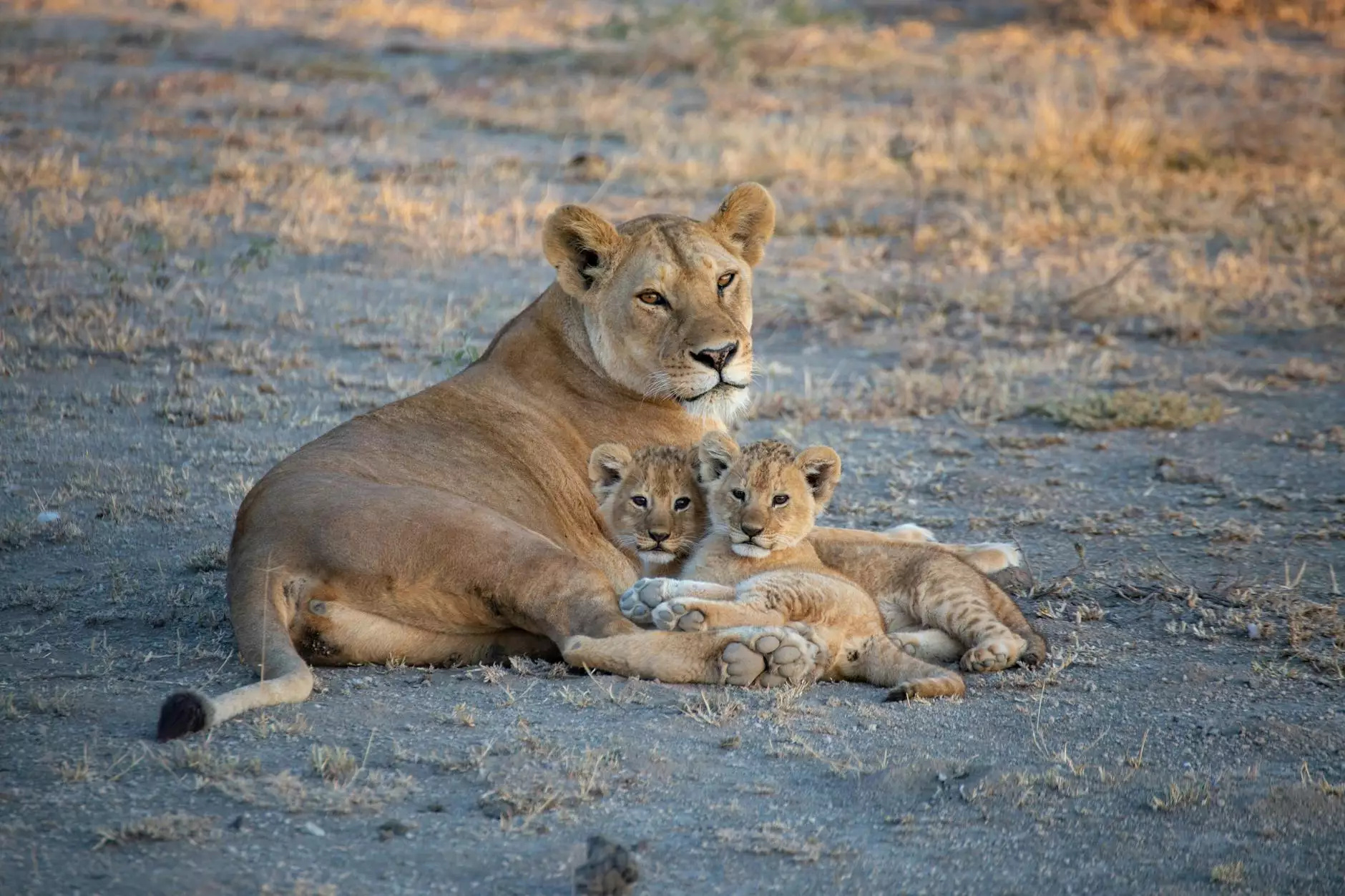Could Wolves Ever Return to the British Countryside?
News
The Fascinating Debate Surrounding the Reintroduction of Wolves
As the human impact on the environment becomes a growing concern, discussions about reintroducing wolves into the British countryside have captured public and scientific interest alike. This thought-provoking issue raises questions about environmental balance, biodiversity, and the coexistence of humans and wildlife.
The Historical Context and Extinction of Wolves in Britain
Centuries ago, wolves were a natural part of the British ecosystem. However, due to hunting, habitat loss, and a decrease in natural prey populations, wolves were gradually driven to extinction in the British countryside. The last recorded wolf sighting in England occurred in the late 15th century. Since then, these majestic creatures have been absent from the landscape.
Potential Impacts of Wolf Reintroduction
If wolves were to make a return, it would undoubtedly have profound implications for the ecosystem. Wolves are apex predators, playing a crucial role in maintaining ecological balance. They help regulate prey populations, prevent overgrazing, and counteract the spread of certain diseases among wildlife. Their reintroduction could also lead to the restoration of natural processes, benefiting flora and fauna that have coevolved with wolves over millennia.
Furthermore, the presence of wolves could potentially create opportunities for ecotourism, attracting visitors who are passionate about wildlife conservation and interested in observing these magnificent creatures in their natural habitat. This could greatly benefit local economies and promote environmental education and awareness.
Challenges and Considerations for Wolf Reintroduction
Despite the potential benefits, there are several important challenges and considerations to address before contemplating wolf reintroduction in the British countryside. One of the main concerns is the potential impact on livestock, particularly sheep farming, which constitutes an integral part of rural livelihoods in certain regions. Expert management strategies, such as the use of non-lethal deterrents, could help mitigate conflicts between wolves and livestock.
Public perceptions and concerns also play a significant role in the debate. Fear of a perceived threat to human safety and property, as well as the unfamiliarity of coexisting with large predators, can create resistance to wolf reintroduction. Effective communication and education campaigns can help address these concerns, highlighting successful experiences from countries where wolves have already been reintroduced.
Lessons from Successful Wolf Reintroduction Programs
Various countries around the world have successfully reintroduced wolves, offering valuable lessons for potential reintroduction efforts in Britain. Examples include the reintroduction of gray wolves in Yellowstone National Park in the United States, where their presence led to a cascade of positive effects on the ecosystem. Learning from these successful cases can guide future conservation efforts and help mitigate potential challenges.
The Importance of a Balanced Approach
Ultimately, the question of whether wolves could ever return to the British countryside requires careful consideration and a balanced approach that takes into account ecological, societal, and economic factors. Meaningful Connections Brand Consulting is committed to providing comprehensive consulting and analytical services that support evidence-based decision-making and facilitate informed discussions on complex environmental issues.
By engaging various stakeholders, conducting thorough research, and fostering dialogue, Meaningful Connections Brand Consulting aims to contribute to a sustainable future where humans and wildlife coexist harmoniously, embracing the potential benefits that the reintroduction of wolves may bring.










